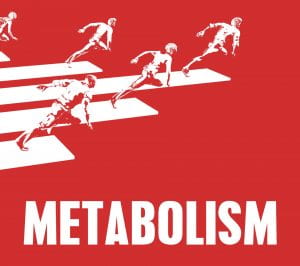
When you imagine an older person, what sort of picture pops into your head? Do you see someone walking stooped over a cane? Do you imagine them in a long-term care facility sitting in a wheelchair? Or do you imagine someone competing in a track meet, like the athletes who participated in last month’s National Senior Games track and field competition? [Read more…]

 This week’s horrific school shooting in Uvalde, Texas prompted renewed calls for laws that promote gun safety in the U.S.
This week’s horrific school shooting in Uvalde, Texas prompted renewed calls for laws that promote gun safety in the U.S.

 After a holiday season full of good cheer—and extra cocktails for many—more Americans than ever participated this year in “Dry January,” a month-long sobriety challenge that began as a public-health campaign in England. Surveys found that between 13 and 15 percent of Americans decided to forgo alcohol that month, an increase from last year.
After a holiday season full of good cheer—and extra cocktails for many—more Americans than ever participated this year in “Dry January,” a month-long sobriety challenge that began as a public-health campaign in England. Surveys found that between 13 and 15 percent of Americans decided to forgo alcohol that month, an increase from last year. An estimated 3 percent of Americans follow a vegan diet, not consuming any animal products at all; an additional 5 percent follow a vegetarian diet, eating eggs and dairy, but not meat. At the same time, Americans are
An estimated 3 percent of Americans follow a vegan diet, not consuming any animal products at all; an additional 5 percent follow a vegetarian diet, eating eggs and dairy, but not meat. At the same time, Americans are 


 Nearly 15 percent of people age 70 and older experience some form of dementia; that number jumps to nearly 35 percent for people over age 90. And yet other people live more than 100 years with sharp minds.
Nearly 15 percent of people age 70 and older experience some form of dementia; that number jumps to nearly 35 percent for people over age 90. And yet other people live more than 100 years with sharp minds.

